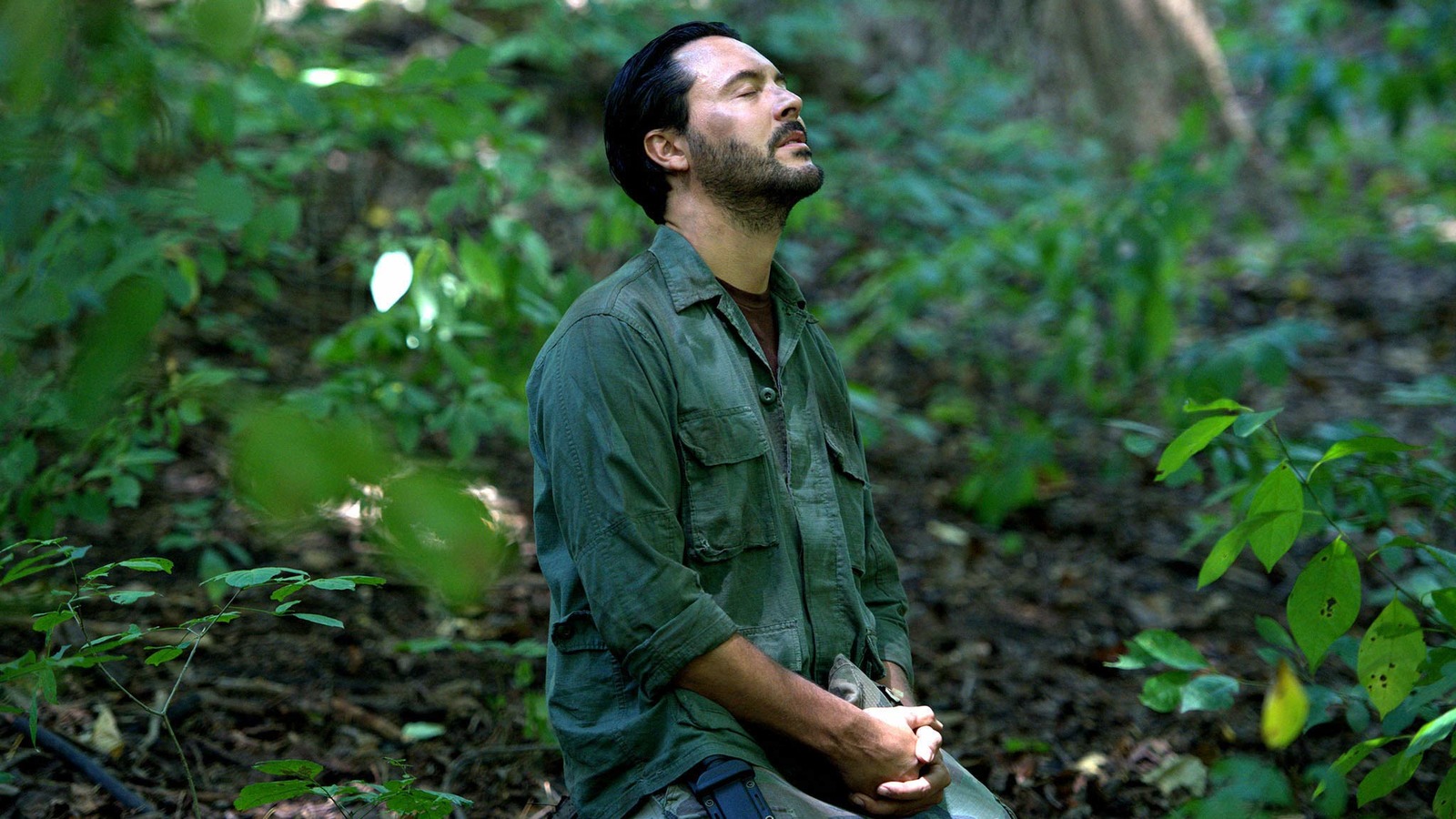Unraveling The Eric Rudolph Manhunt: [Deadly Games & More]
Could a single act of violence, a bomb detonated amidst the celebratory atmosphere of the Olympic Games, truly shatter the illusion of security and ignite a nationwide hunt that would span years and cost millions? The story of Eric Rudolph, the Atlanta bomber, is a chilling testament to the lasting impact of a single individual's actions, leaving an indelible mark on the nation's psyche and exposing vulnerabilities within its security apparatus.
In the early hours of July 27, 1996, the worlds attention was focused on Atlanta, Georgia, where the Centennial Olympic Park was bustling with revelers enjoying the summer games. Amidst the joyous celebration, a pipe bomb exploded, unleashing chaos and tragedy. Two people were killed, and scores more were wounded, forever altering the lives of those present and casting a long shadow over the city. This act of terrorism, a brazen assault on the spirit of international unity and goodwill, initiated a relentless pursuit, a manhunt that would test the resources and resolve of the Federal Bureau of Investigation (FBI) and the nation as a whole. The bombing, and the subsequent desperate search for the perpetrator, would be widely covered by national and international media, transforming the unknown bomber into a household name and the subject of intense public fascination and fear. The meticulous investigation, the relentless pursuit through dense forests, and the ultimate capture of Eric Rudolph are the elements of a gripping story that continues to captivate audiences, as seen in the CBS/Spectrum series "Deadly Games".
| Full Name | Eric Robert Rudolph |
| Date of Birth | September 19, 1966 |
| Place of Birth | Fort Lauderdale, Florida, U.S. |
| Height | 5 feet 10 inches |
| Weight | Approximately 165 pounds |
| Hair Color | Brown |
| Eye Color | Brown |
| Known Aliases | None Officially, but "The Olympic Park Bomber" became synonymous with his name. |
| Education | Dropout from high school |
| Political Views | Anti-government, anti-abortion, white supremacist. |
| Criminal Charges | Multiple bombings including the 1996 Centennial Olympic Park bombing, and attacks on abortion clinics and a lesbian bar. |
| Crimes | Multiple bombings motivated by his anti-government, anti-abortion, and white supremacist views. |
| Modus Operandi | Using pipe bombs and evading capture by living off the grid in the wilderness. |
| Legal Status | Currently serving multiple life sentences without the possibility of parole. |
| Sentence | Life in prison without the possibility of parole. |
| Location of Imprisonment | ADX Florence, Colorado |
| Capture Date | May 31, 2003 |
| Years in Manhunt | ~5 years |
| FBI Involvement | Led the massive manhunt after Rudolph was identified as the prime suspect. |
| Financial cost of Manhunt | Approximately $24 million |
| Official Reference | FBI Official Website |
The FBI's pursuit of Rudolph was a saga marked by both meticulous investigation and immense challenges. Months after the devastating attack in Atlanta, the FBI had amassed enough evidence to pinpoint Rudolph as the perpetrator. This marked the beginning of one of the most extensive manhunts in US history, a pursuit that would span five years and cost a staggering $24 million. The search for Rudolph took investigators into the rugged terrain of the Nantahala National Forest in North Carolina, a vast and remote wilderness where he was believed to have taken refuge. Agents faced significant difficulties navigating the dense forest, dealing with the elements, and tracking a man adept at survival and evasion. The manhunt became particularly difficult to control when Rudolph's family and local militia members reportedly fought back against the charges, complicating the already arduous task of bringing him to justice. This pursuit would eventually lead to his capture in 2003, ending a long period of fear and uncertainty.
- Leo Woman Cancer Man Sexual Compatibility Secrets Revealed
- 2025 Piaa Wrestling Championships Altoona Hosts Hershey No More
The bombings attributed to Eric Rudolph extended beyond the Atlanta Centennial Olympic Park. His actions included targeting abortion clinics in Alabama in January 1998 and other locations, reflecting a pattern of ideological extremism and a deep-seated hatred. The choice of targets, the methods employed, and the duration of his evasion all pointed to a complex individual driven by deeply held beliefs. His ability to remain hidden for years, surviving in the wilderness while eluding the largest law enforcement agency in the country, added to the mystique and the growing sense of public unease. The media coverage of the bombings and the manhunt intensified, turning Rudolph into a household name and fueling speculation about his motives and whereabouts. This heightened public interest and media scrutiny created a complicated environment for law enforcement and further amplified the story's impact on the nation.
The story of the manhunt for Eric Rudolph, and the events leading up to it, have been explored in various formats, including the CBS/Spectrum series "Deadly Games." The show, which premiered on February 3, 2020, and is available on Netflix, delves into the intricacies of the case and the individuals involved, including Richard Jewell. While the second season focuses on the hunt for Eric Rudolph, after initial suspicion briefly fell on security guard Richard Jewell, the series also explores the lives and actions of those caught in the crosshairs of the investigation. The series seeks to unravel the complexity of Rudolph's actions and his motivations, bringing the key players to the forefront. The portrayal of Eric Rudolph by actor Jack Huston in "Deadly Games," alongside Cameron Britton, who plays Richard Jewell, allows a deeper dive into the characters and the circumstances surrounding the events.
The narrative surrounding Eric Rudolph's actions is multifaceted, involving not only the devastating act of the bombing but also the intricate web of accusations, investigations, and legal proceedings. The series also highlights the challenges faced by law enforcement and the difficult ethical considerations that arose during the intense investigation. These dramatizations, while necessarily taking occasional creative liberties as noted in many reviews, are designed to engage audiences by bringing the human side to this complex case. The story of the manhunt for Eric Rudolph is a chilling reminder of the fragility of security and the profound impact of extremist ideologies.
- Frankie Muniz Latest News Wife Relationships Google Discover
- Cosmo Prof Rewards Card Offers Info Start Here
The series Deadly Games also examines the story of Richard Jewell, the security guard initially suspected of the bombing. The portrayal of Jewell by Cameron Britton provides an insight into the damaging effects of public scrutiny and the importance of due process. His story provides another layer of complexity to the saga of the Atlanta bombing. Richard Jewell called for a revolving press conference, seeking to clear his name and the impact of the initial accusations and the toll they took on him is an important part of the overall narrative.
The capture of Eric Rudolph brought a measure of closure to the tragedy. It ended a period of fear and uncertainty and finally brought the perpetrator to justice. The pursuit of Rudolph was a monumental undertaking that tested the abilities of law enforcement, requiring the use of every available resource. The story of Eric Rudolph and the manhunt that followed is a stark reminder of the threat posed by extremism and the need for vigilance in the face of potential violence. The story has been recounted in various forms, including interviews with FBI executives like Chris Swecker, who were involved in the case. These interviews offer an insider's perspective on the strategies, challenges, and setbacks of the investigation, giving an in-depth look at the events.
The media coverage of the bombings and the subsequent manhunt had a profound impact. Rudolph became a household name, and the events captured the public's attention and media coverage around the world. Every TV show tasked with condensing years of real life into a handful of episodes has to take the occasional liberty. The story of the manhunt for Eric Rudolph highlights the enduring effects of terrorism on communities and the lasting importance of justice. The tale resonates because it touches on fundamental questions about security, justice, and the human capacity for both destruction and resilience. The pursuit and capture of Eric Rudolph are a critical chapter in American history, a reminder of the costs of extremism and the dedication required to protect a society from those who would seek to harm it.
The legacy of Eric Rudolph continues to this day. The story serves as a stark reminder of the importance of vigilance against all forms of extremism. The series "Deadly Games" has added a new dimension to the story. The dramatization allows viewers to analyze the impact of Rudolph's actions on a personal level. The tale resonates with those interested in true crime. The legacy of Eric Rudolph, however, is far more than a simple story of crime. It includes the profound implications for national security, justice, and the human spirit.
The FBI's commitment to the manhunt for Eric Rudolph exemplifies the agency's dedication to protecting the American public, and the pursuit stands as a testament to the power of perseverance in the face of adversity. The story of Eric Rudolph, the Olympic Park bomber, is a stark reminder of the importance of vigilance, the destructive power of extremism, and the unyielding efforts of law enforcement to bring justice to the victims and hold perpetrators accountable. This is a story not just about a crime, but about the long shadow of that crime, and its effects on the lives of those who were involved.
- Melissa Peterman Weight Loss How Barbara Jean Lost 60 Pounds
- Paso Robles Obituaries Find Loved Ones Tributes Info

Why Eric Rudolph From Manhunt Deadly Games Looks So Familiar

Eric Rudolph in Manhunt Deadly Games What's the Real Story?

MANHUNT DEADLY GAMES, right Jack Huston (as Eric Rudolph), 'Open